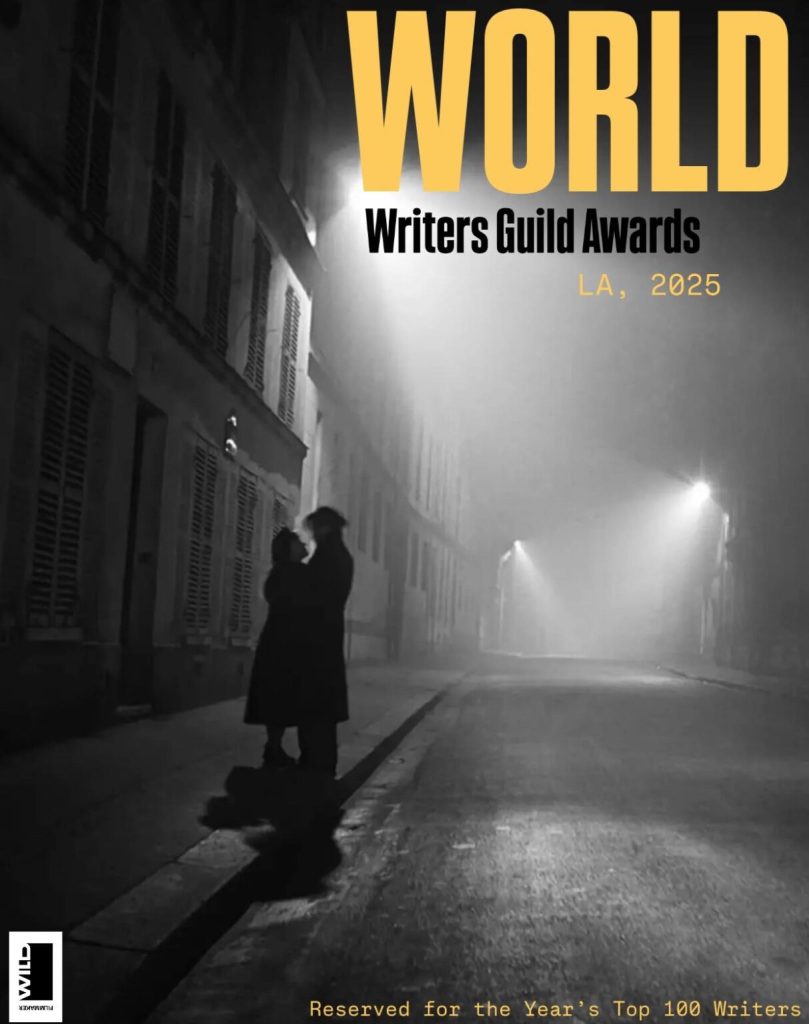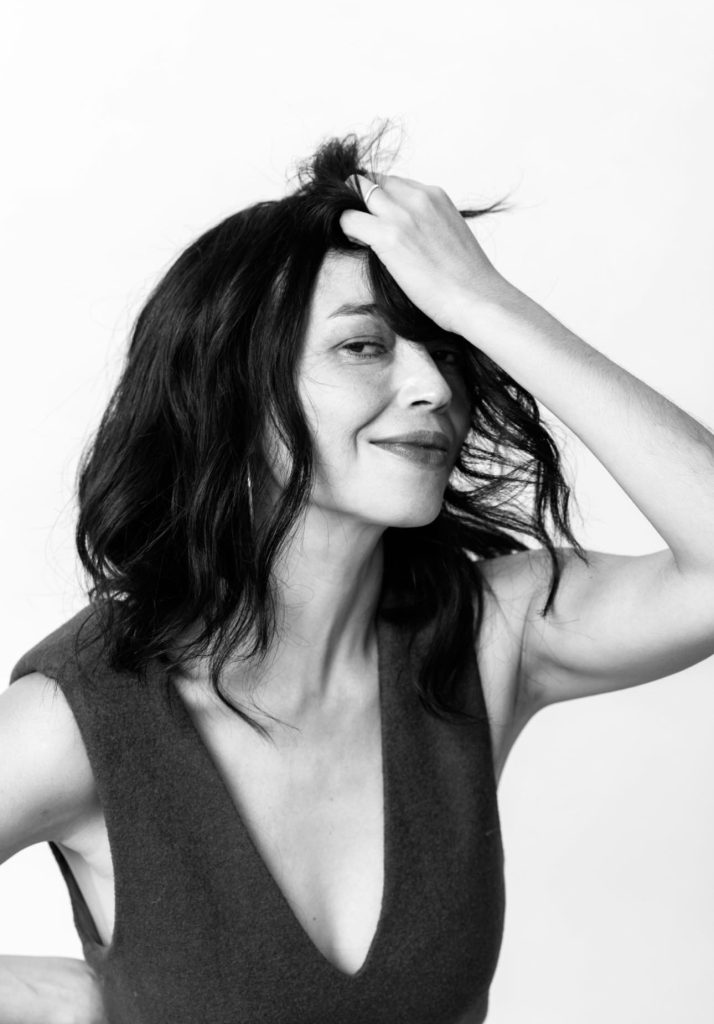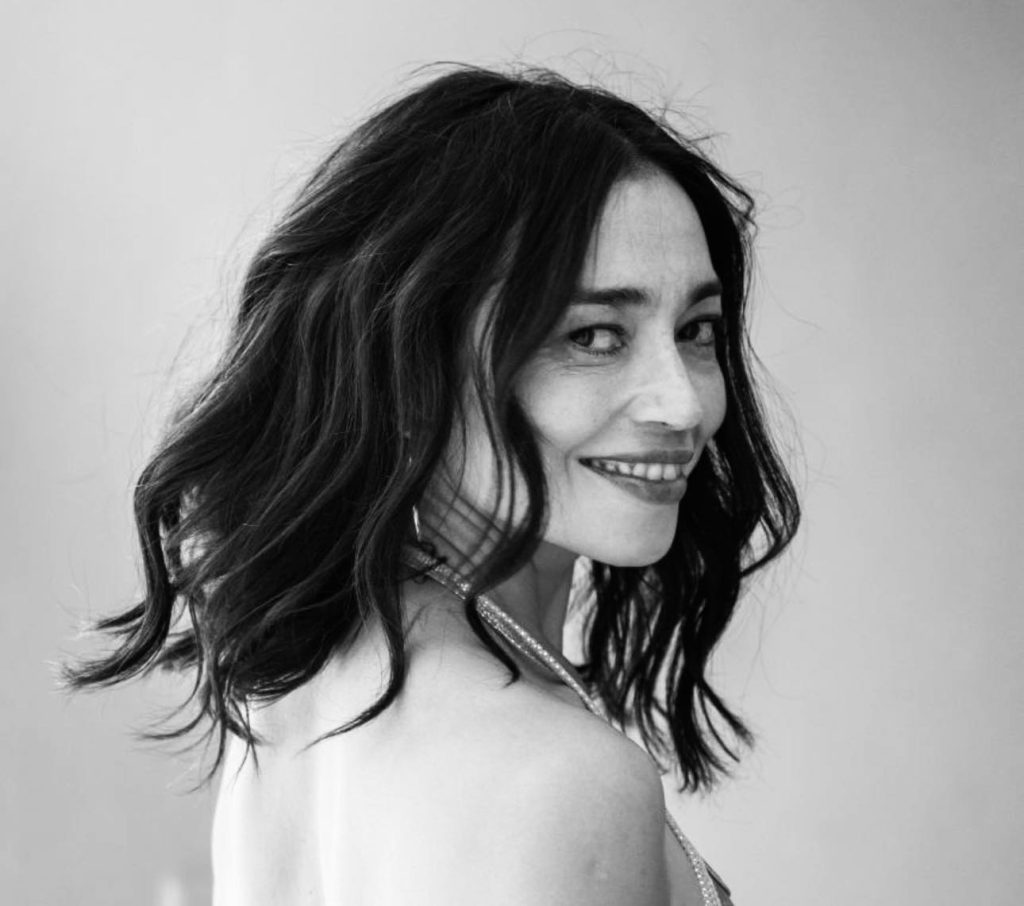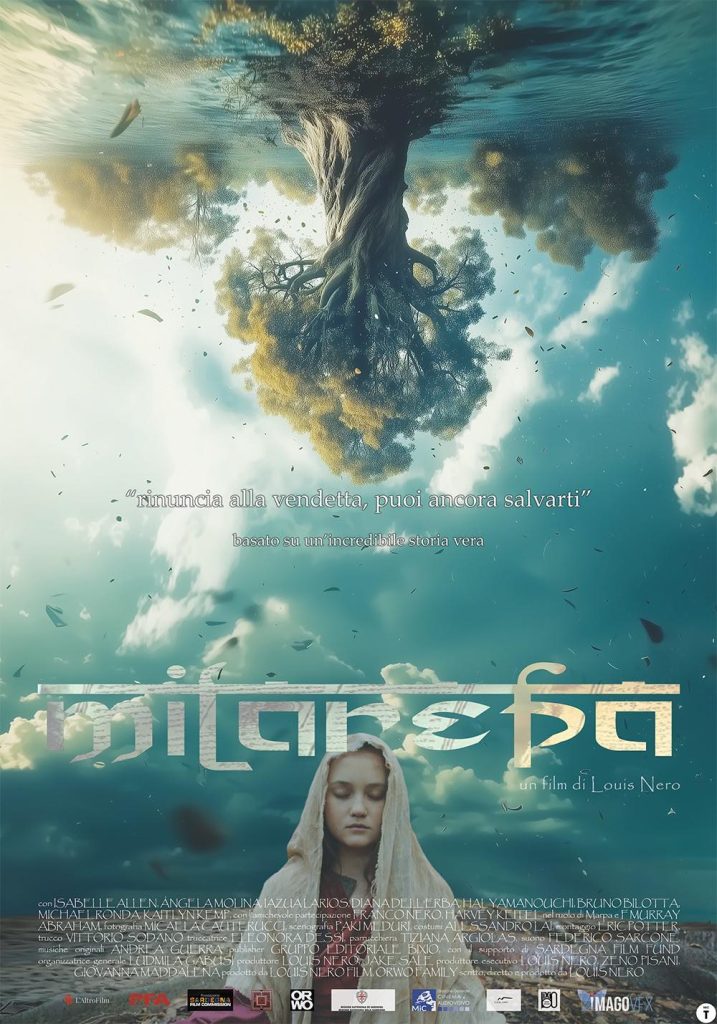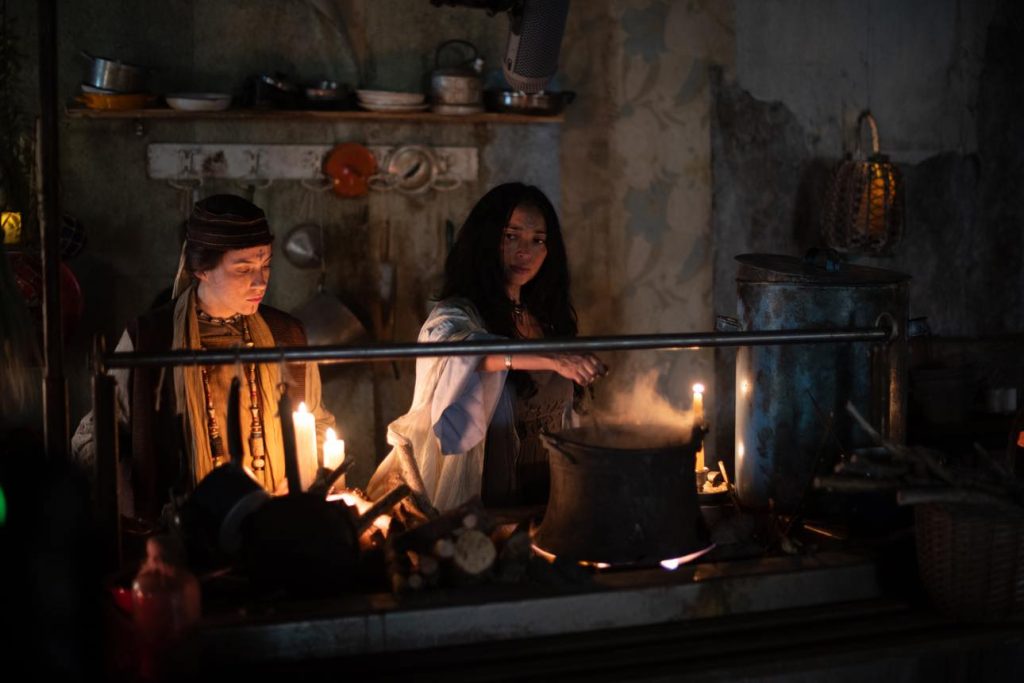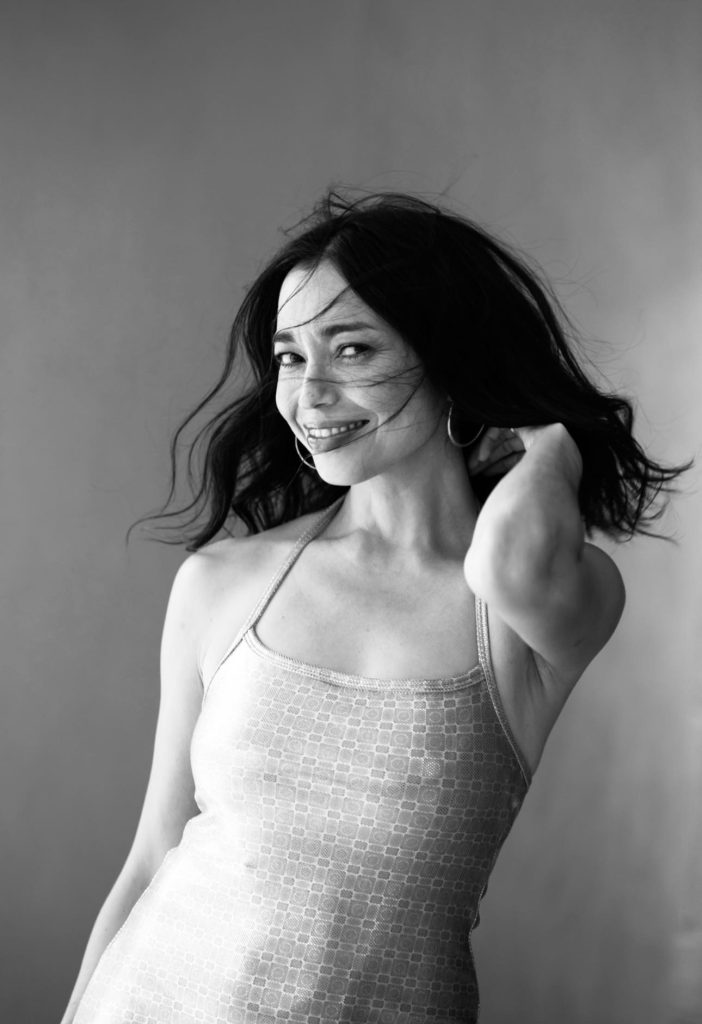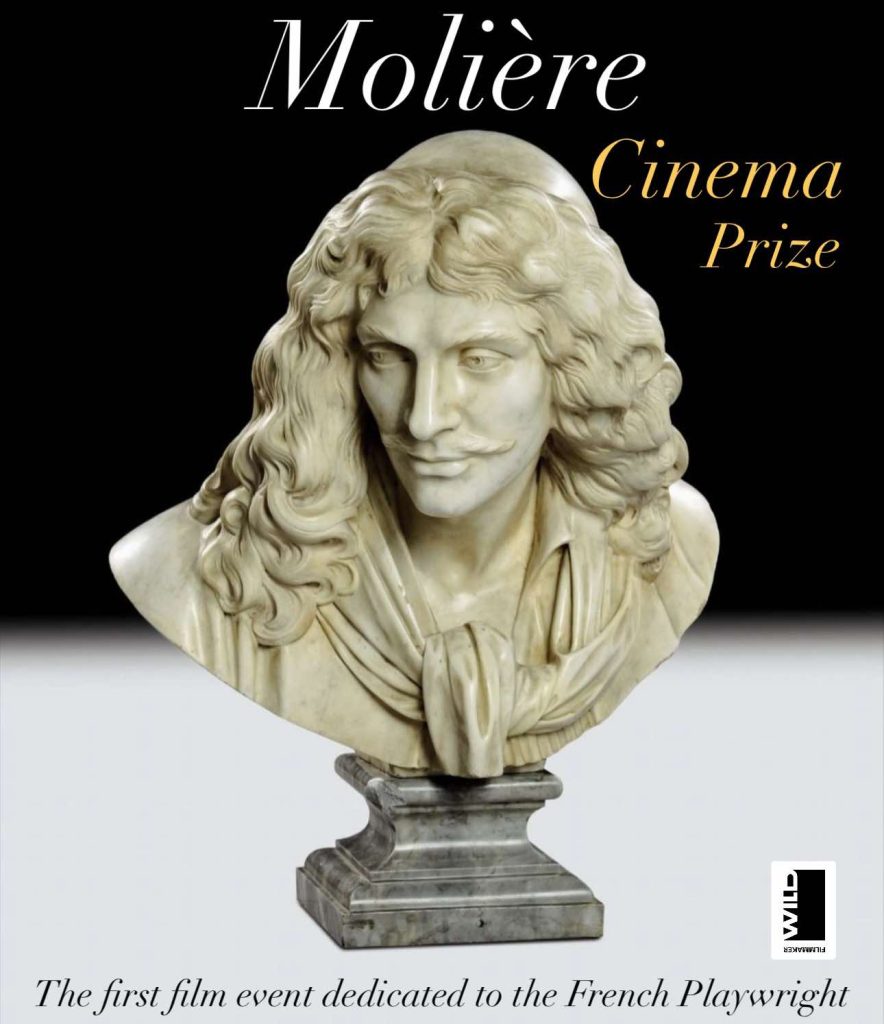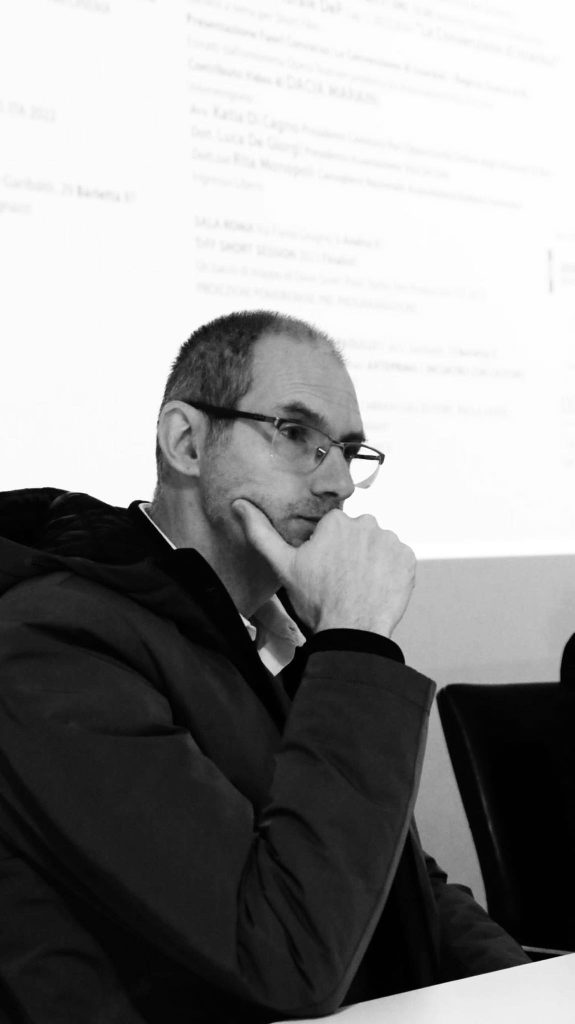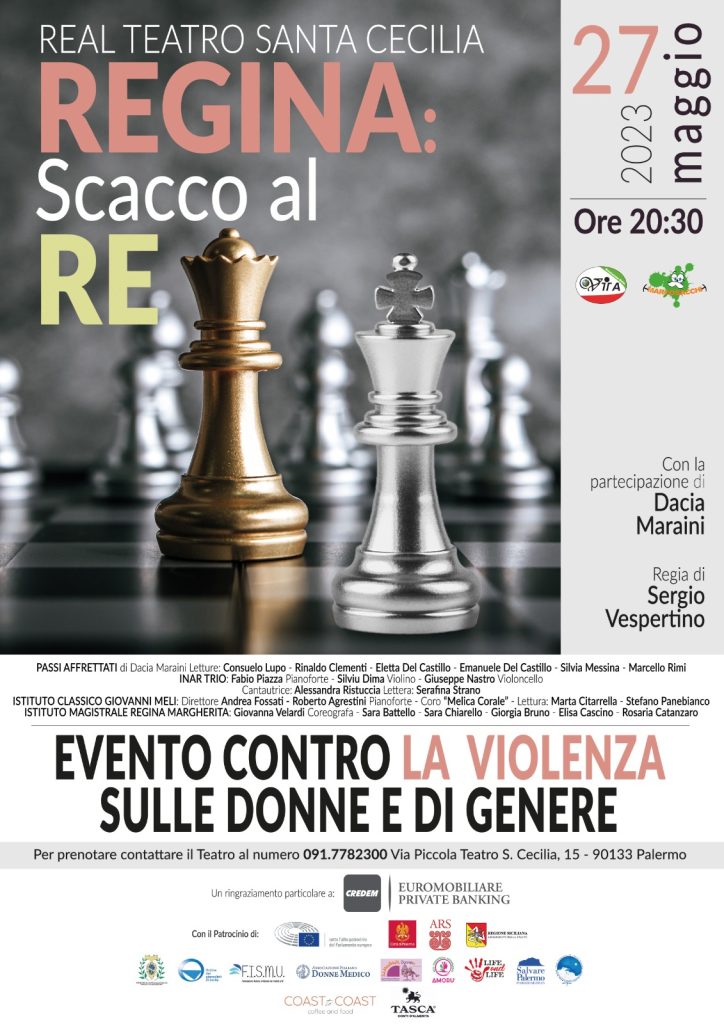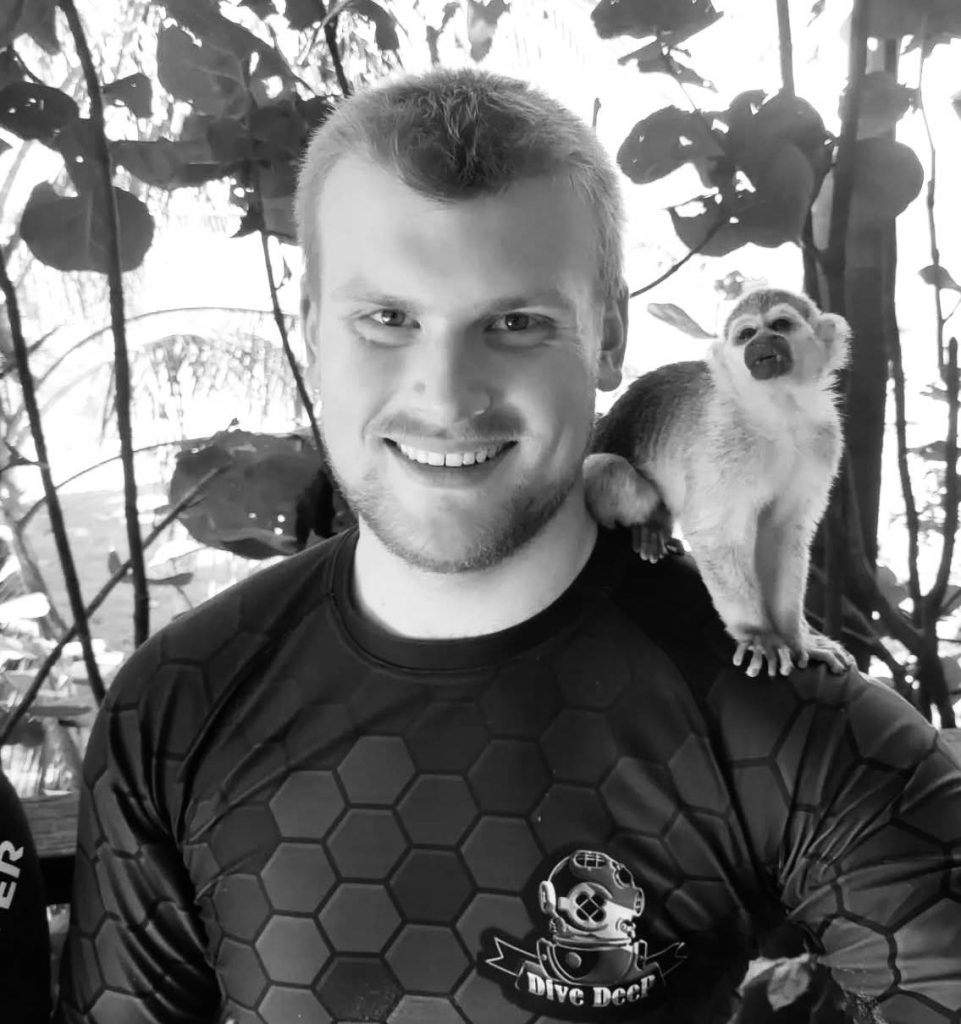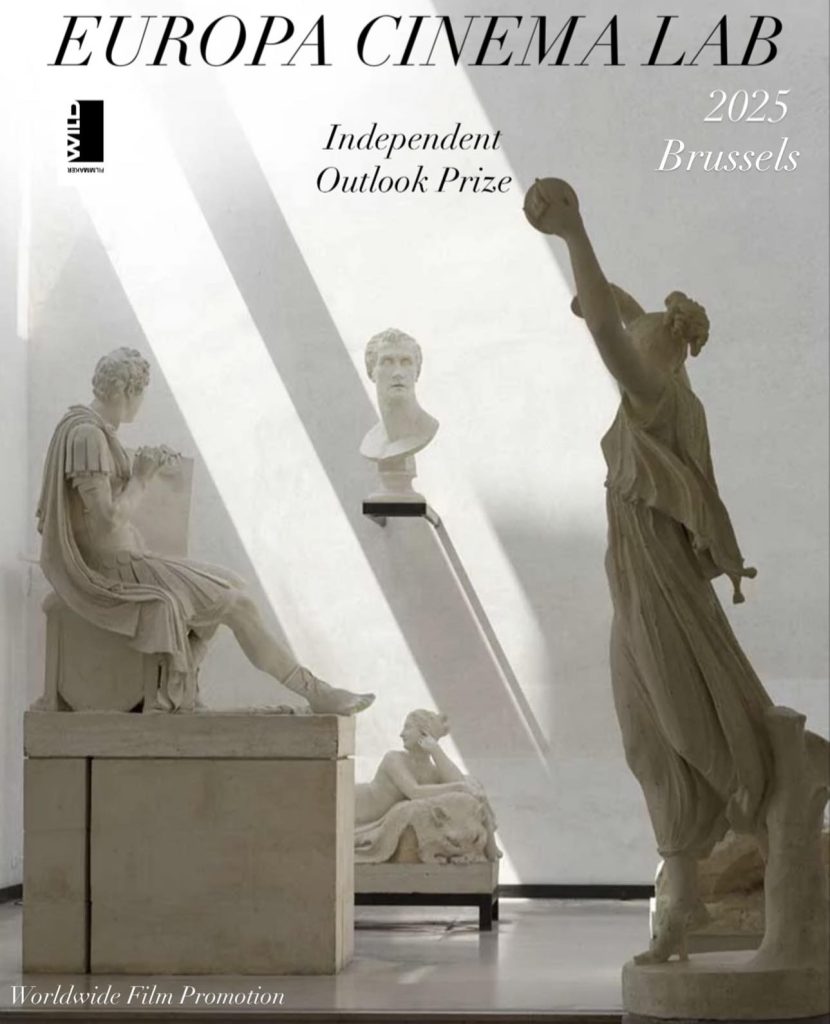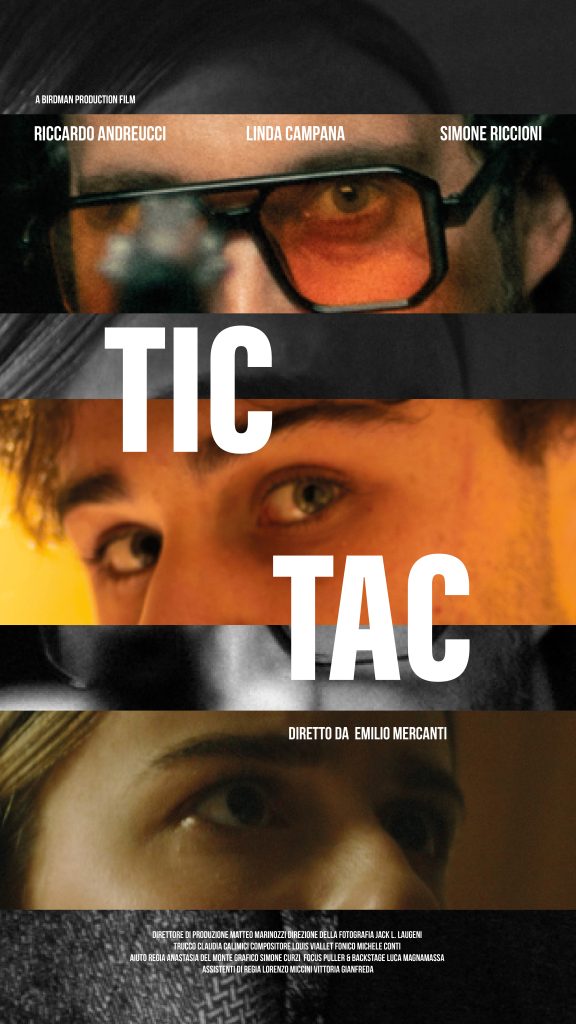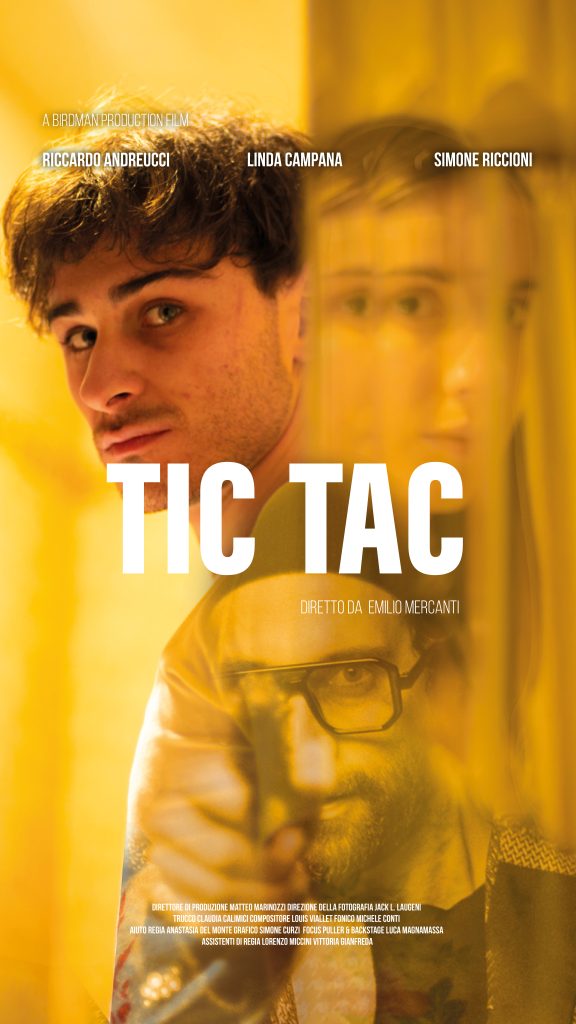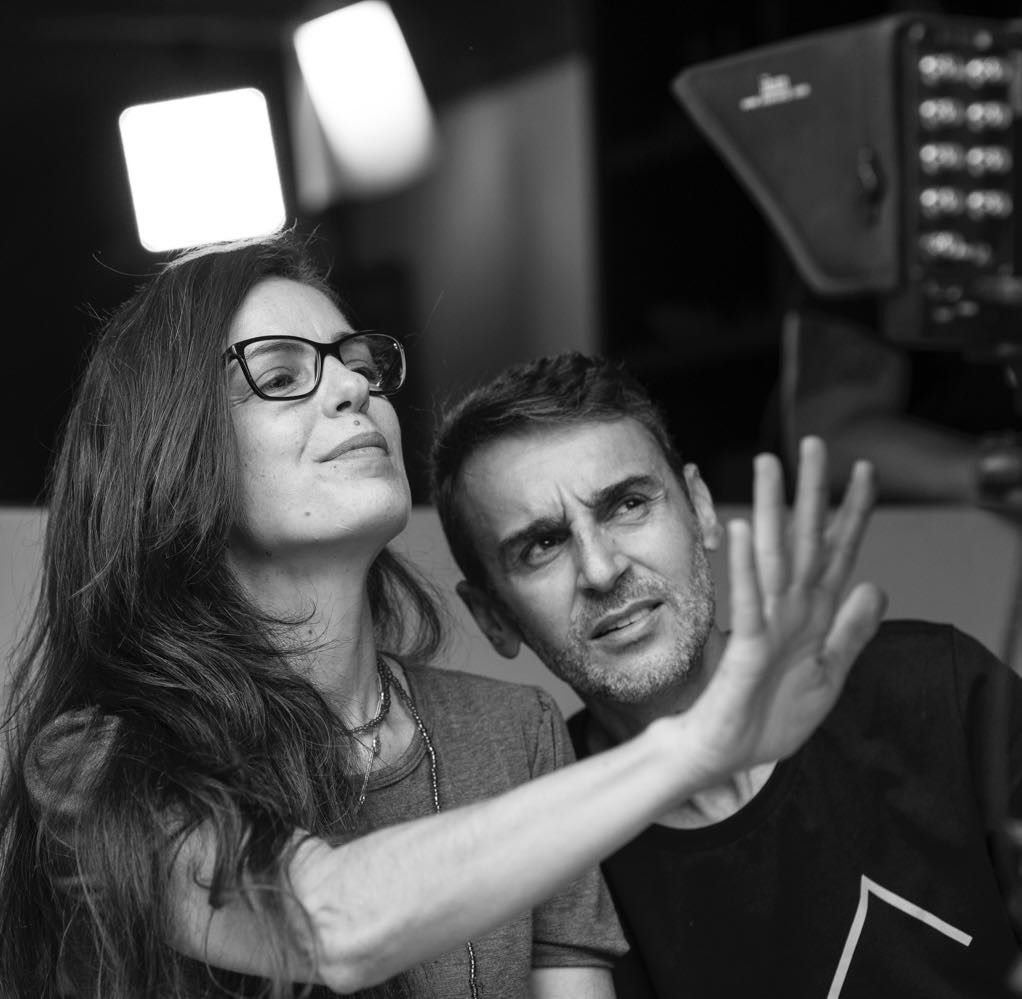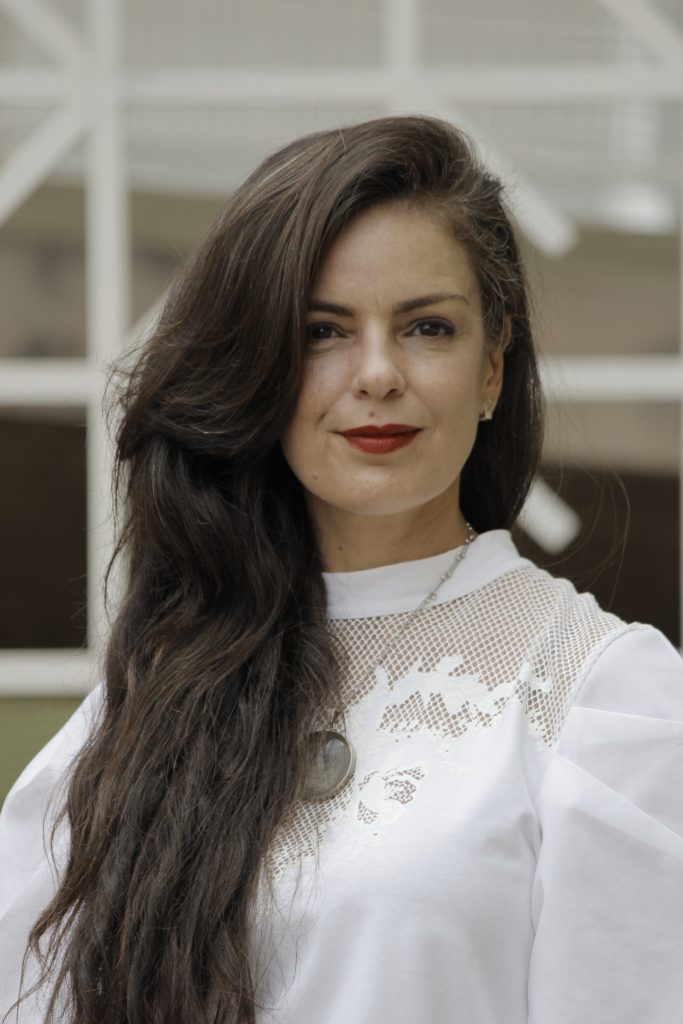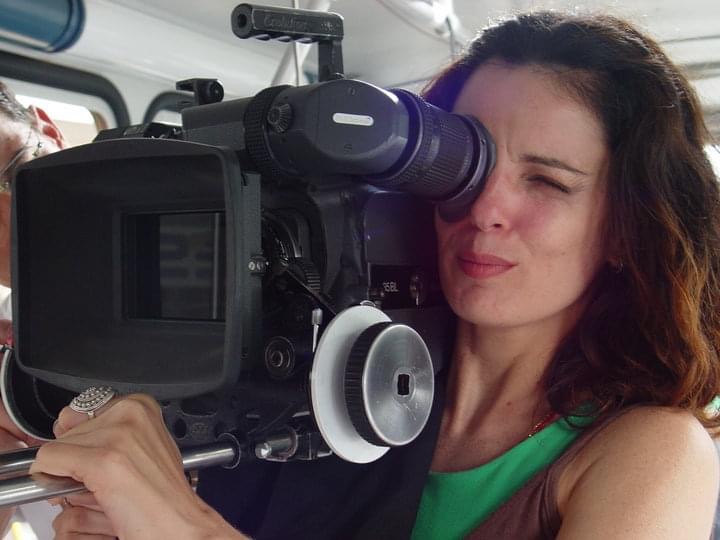
-Who is Brian McDermott?
When I was five or six, I would lie in bed at night and ask myself why there is something rather than nothing at all. I think I did this every night for a while, or until I became scared by the question. So I guess at heart I am a philosopher – as I later majored in philosophy in college and found out that’s a question many philosophers grapple with at some point in their lives. Later, after I saw The Matrix, I realized I could take all the philosophical thoughts I was having and make movies out of them! I eventually pursued an MFA in Film and Media Arts, made some fiction films, and also started a documentary film production company. Now, I teach filmmaking, and also enjoy making films with my students.
-Do you remember the exact moment you fell in love with cinema?
Well, I remember the first moment I was so shocked by a film that I had nightmares. My parents used to take me – along with my brother and sister – to see every film that came to the theaters where we lived. I grew up in the 70s, and the one film that altered my mind was the 1978 remake of Invasion of the Body Snatchers. Donald Sutherland was in that film, and there’s a moment where he’s fallen asleep outside and a pod person (spoiler alert if you haven’t seen it) suddenly starts getting birthed by a pod, and Sutherland wakes up and takes a shovel and chops his own fetal, webbed-faced, pod head in half. That image and that film gave me nightmares for 20 years. I think I had just turned eight when it came out. Still to this day, I believe I owe my interest in film, sci-fi, and in becoming a filmmaker to that film, and also to the less traumatic coming-of-age bicycling film, Breaking Away, which has stayed in my subconscious for many years.
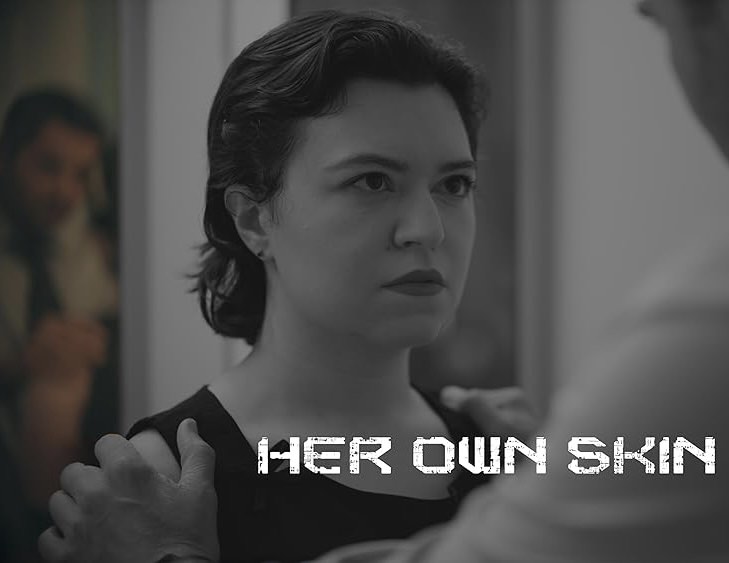
-Tell us about your project “Her Own Skin”.
The idea for Her Own Skin came to me from a past experience where I noticed just how controlling men can be. I observed a very controlling relationship where the man was acting as if he owned his girlfriend, and years later I thought, what if he actually did? What would that look like? And how would she regain her freedom? I then realized he could own her if she was an android. Luckily, I found a great actor (Giovanna Baccini) to play the role of the android. She has that ability to magically transform into any character right in front of your eyes.
Even though there are other sci-fi films about androids out there, I knew this was going to be different because it wasn’t about showing the audience how an android is being developed, or that it’s possible to create one some day in the future, etc., but rather my focus was on the couple’s already existing relationship, and that neither Gia (the android) nor the audience know that she’s not human. That last piece became a hook, and also made me more excited to write the story back in 2022.
-Which Director inspires you the most?
Wow, there are so many amazing directors out there. I saw Coralie Fargeat’s The Substance a few months ago and was blown away. I thought the directing in the first hour of that film was incredible. The second hour brought me back to the days where my nightmares come from – so it was harder for me to process it, and I couldn’t sleep after seeing it.
In terms of sci-fi film inspiration, I rewatch a number films each year: Tarkovsky’s Solaris, Close Encounters, Alien, Inception, Truman Show, Contact, District 9, Children of Men and the list goes on!
-What do you dislike about the world and what would you change?
This is a big question, and I have approached it through the documentaries I make – which focus on climate change, Indigenous Peoples’ rights, and overall, by challenging oppression through creating awareness.
-How do you imagine cinema in 100 years?
It’s hard to imagine beyond the next ten years. I’m worried about AI taking over everyone’s jobs in the film industry, and there being completely AI-produced films watched by mindless humans. Hopefully, AI will be ethically incorporated into the filmmaking process (though there’s the question if even using it is environmentally ethical and also doesn’t constitute some form of copyright infringement).
-What is your impression of WILD FILMMAKER?
I think it’s great. I remember when I graduated film school in 2005, film festivals prided themselves in stating that they were “independent festivals” made for independent filmmakers. Nowadays, after you receive a rejection from a festival that used to be considered “independent,” you see all these famous Hollywood folks populating the festival. Not everyone has a few million dollars to put into making their films, but that doesn’t mean the world shouldn’t know about all the great art that’s being made by indie filmmakers!


